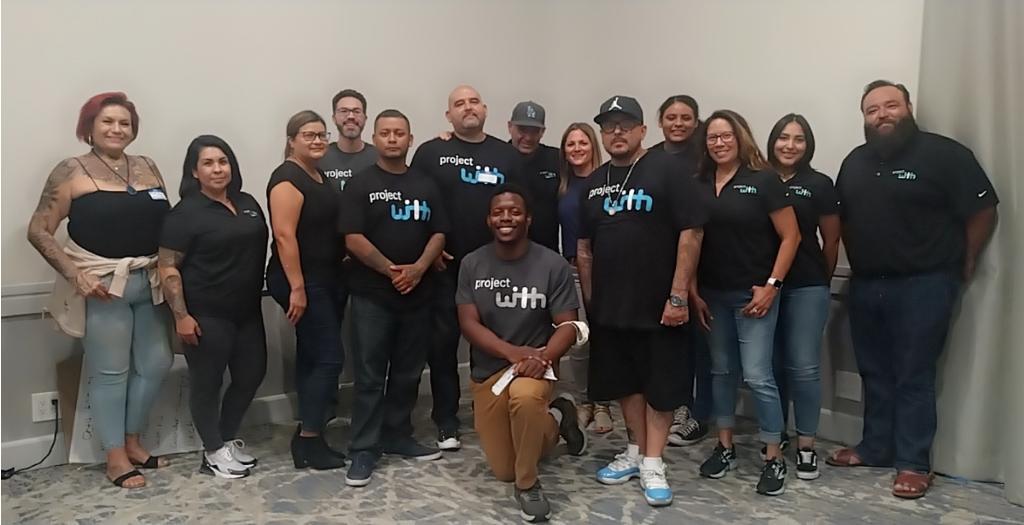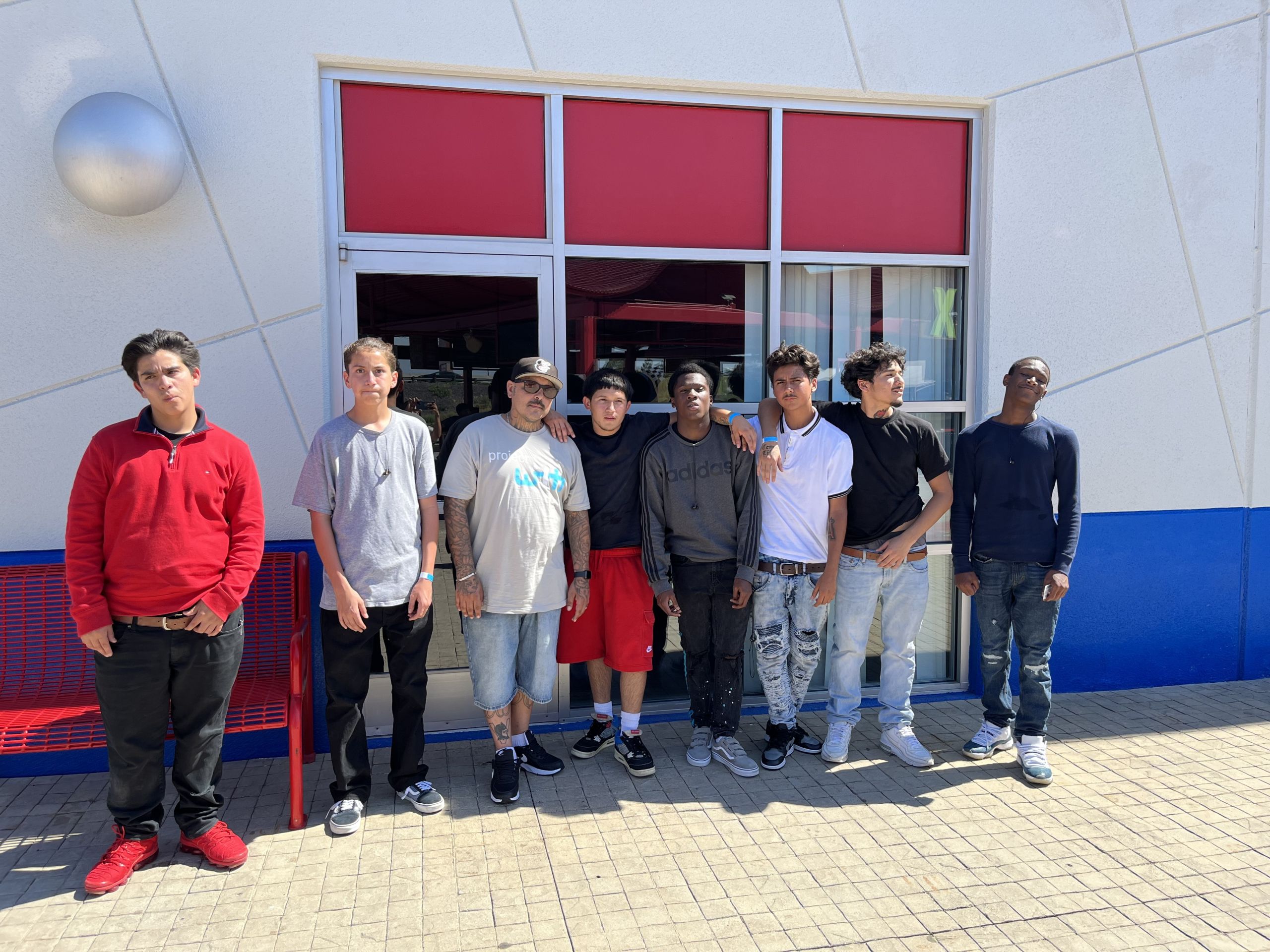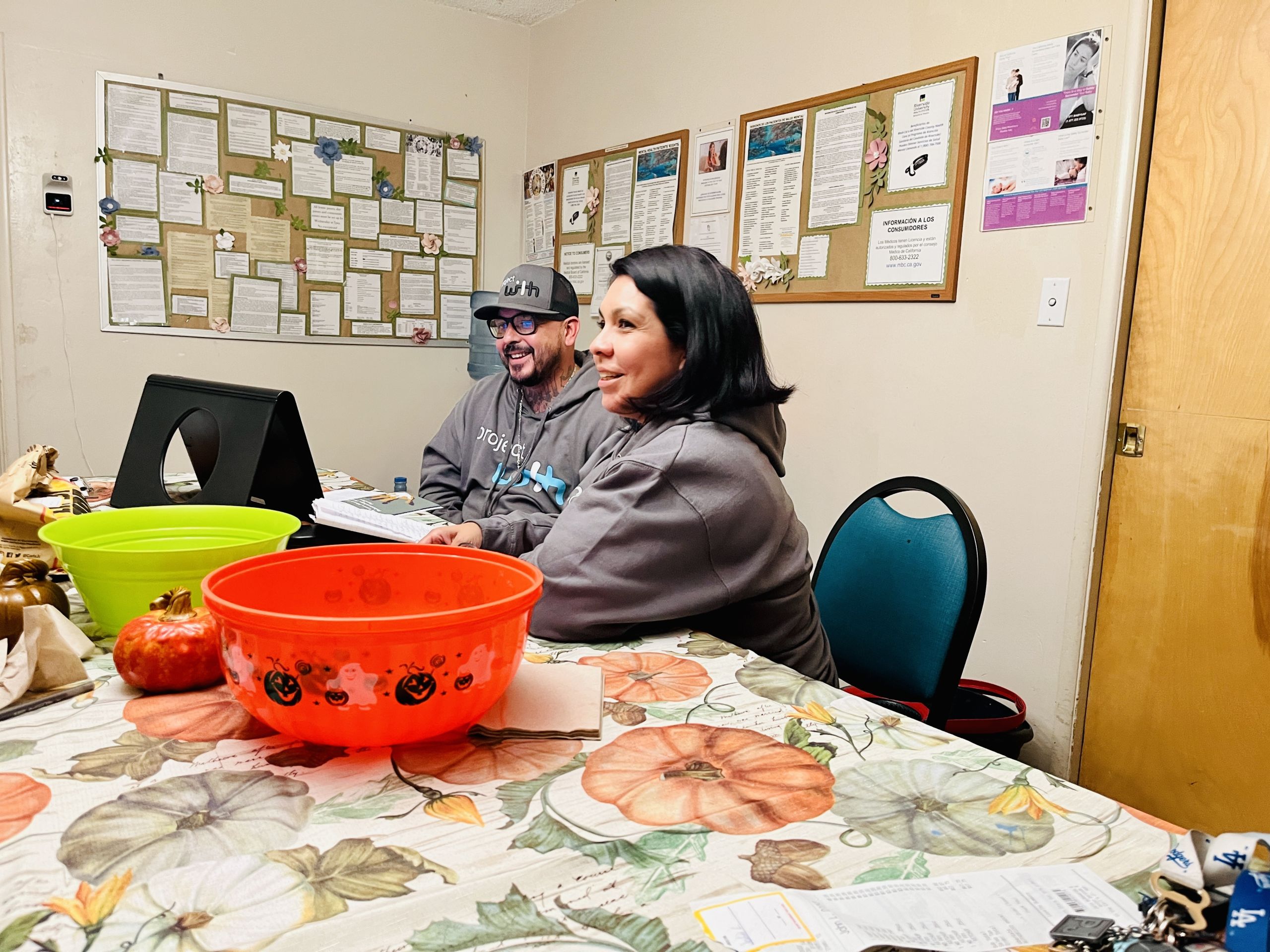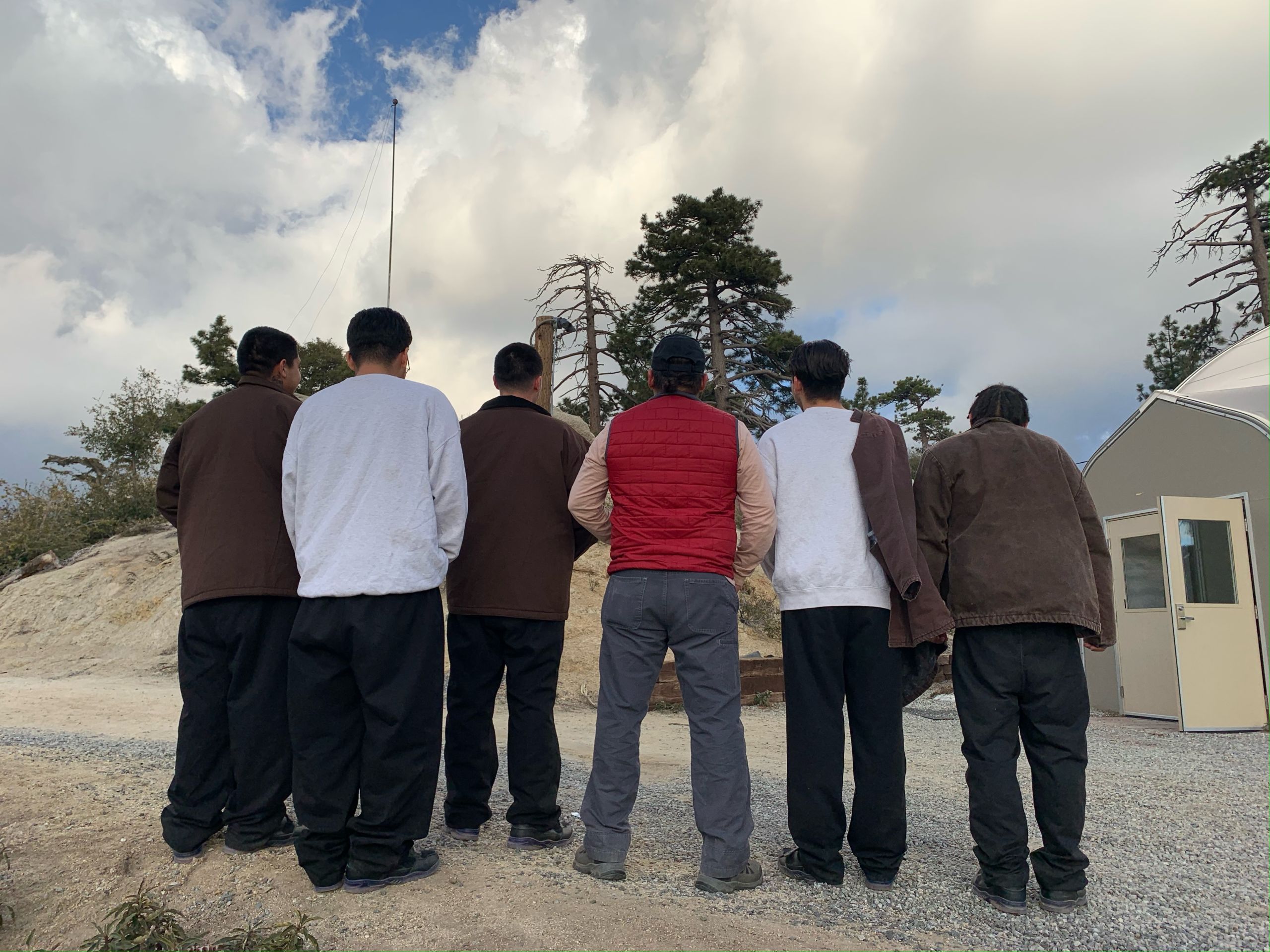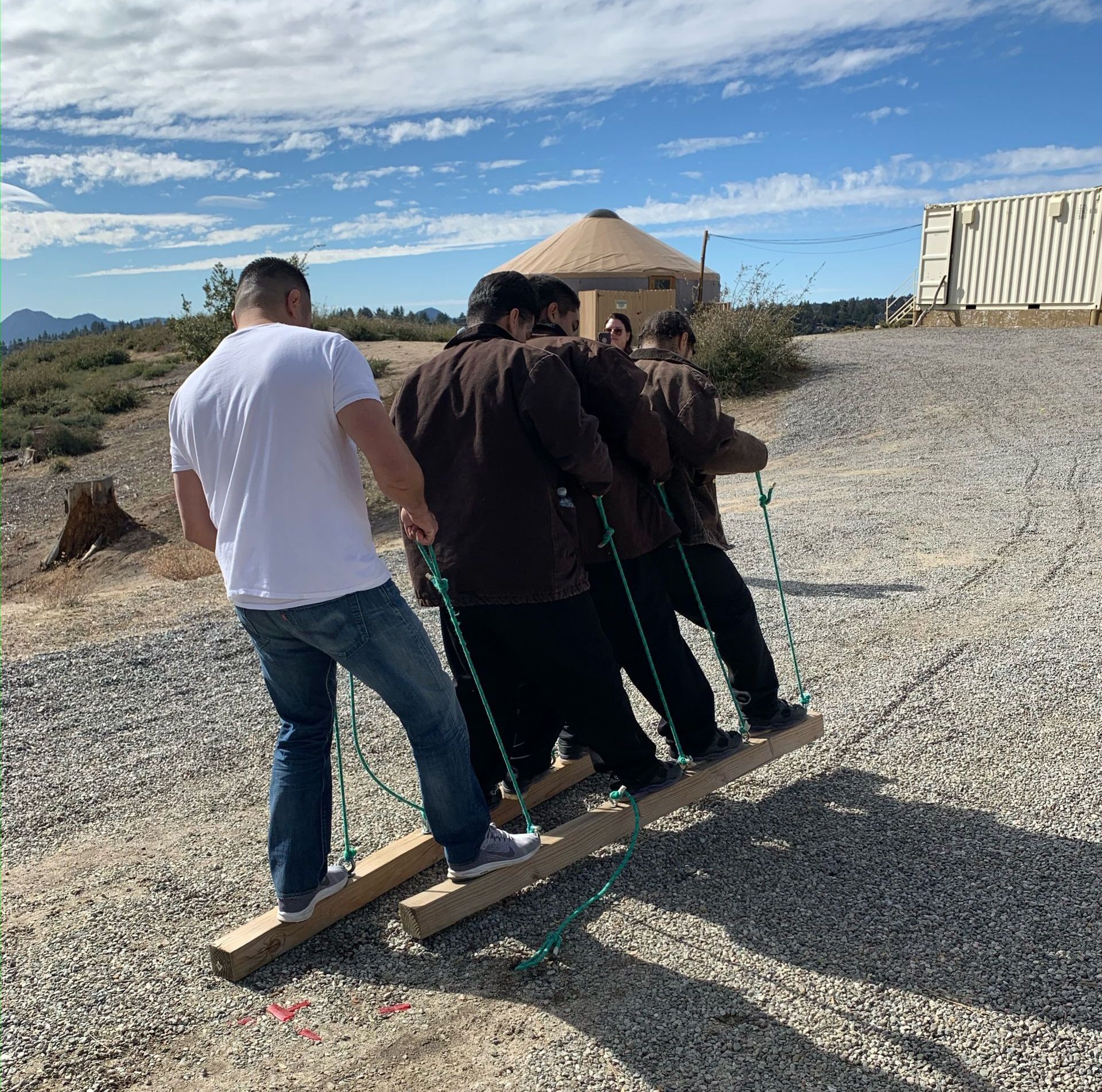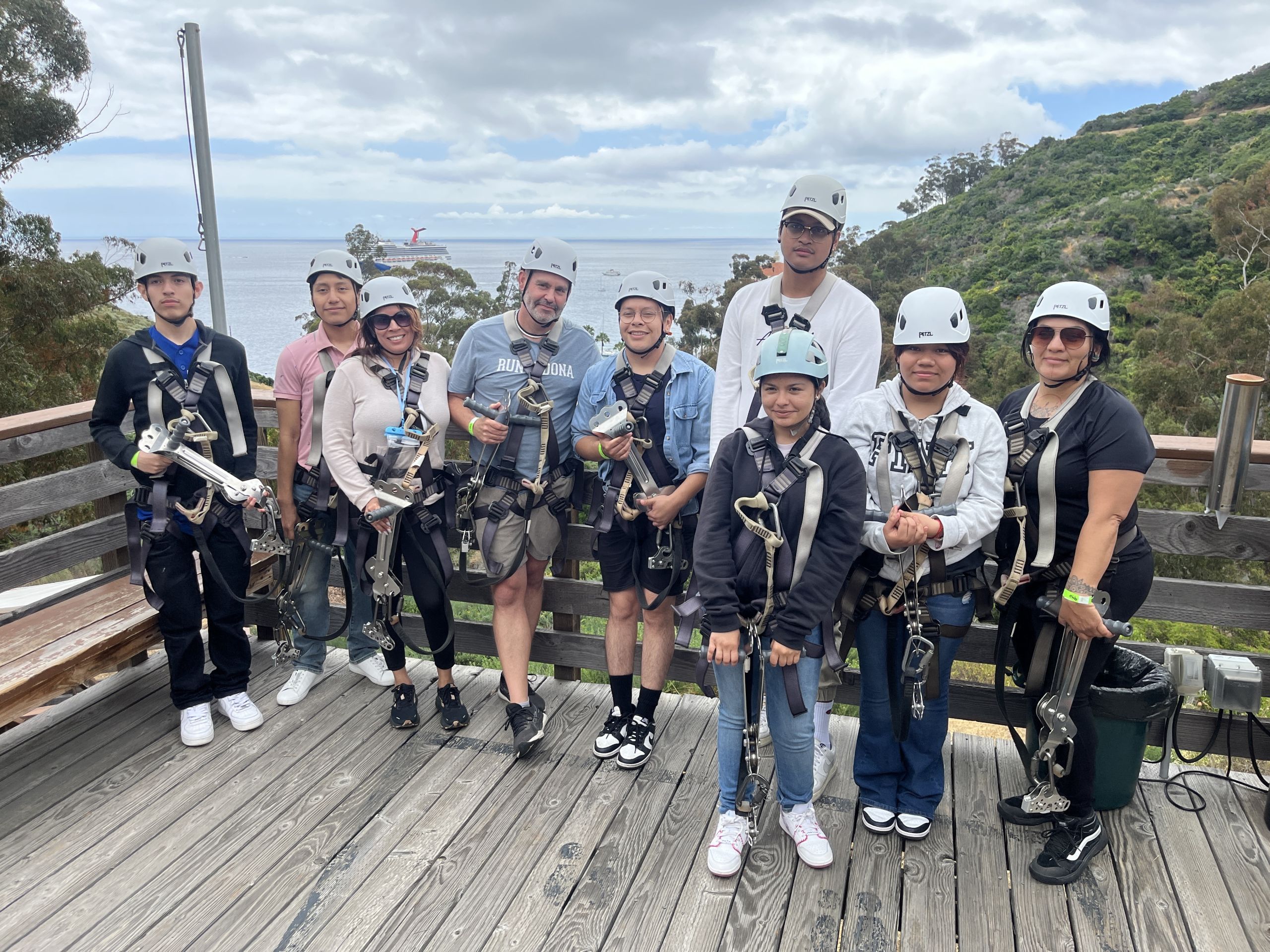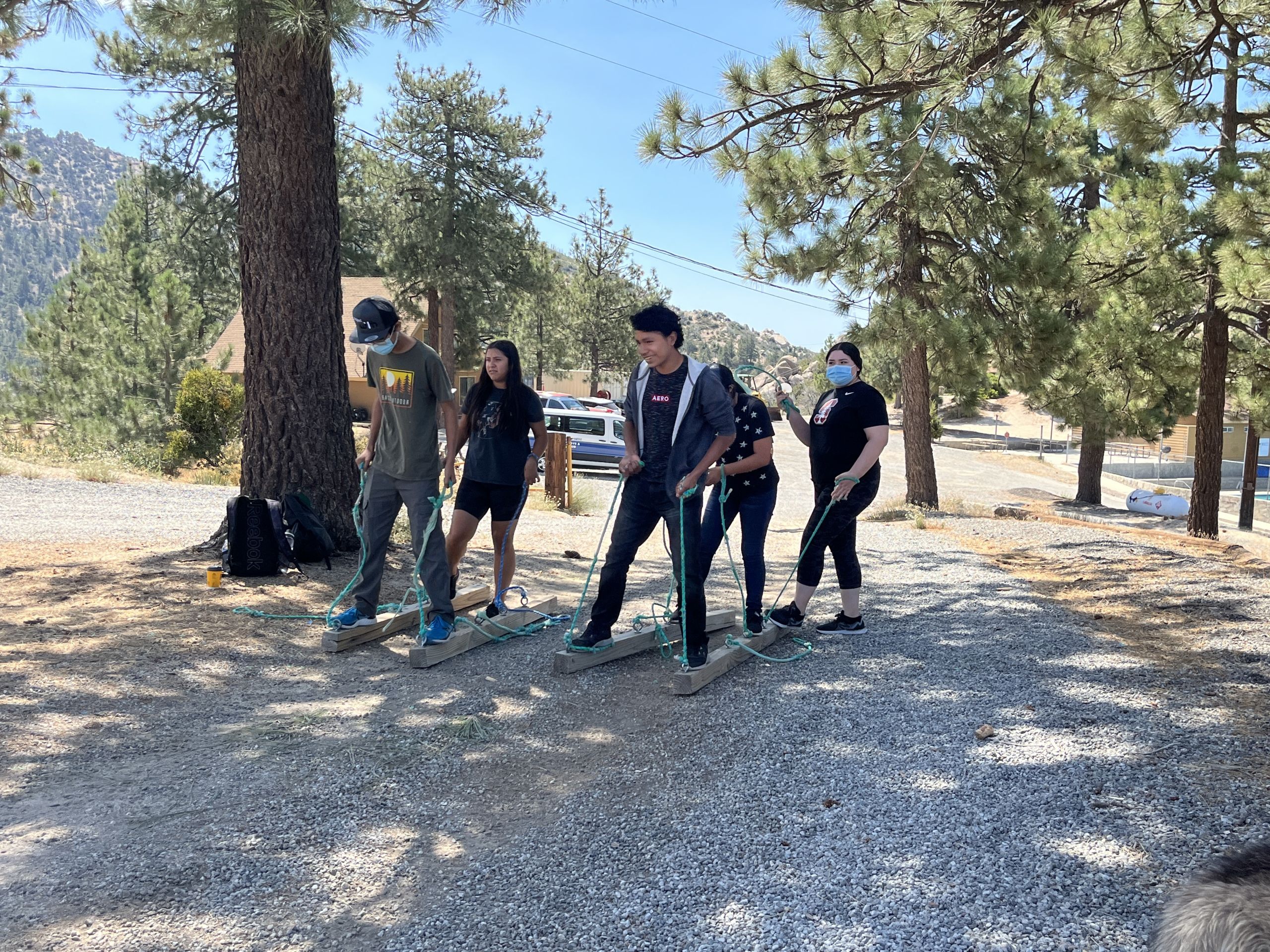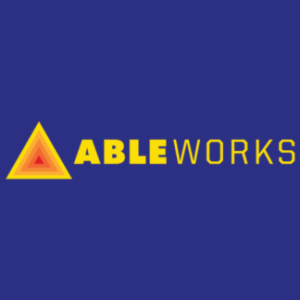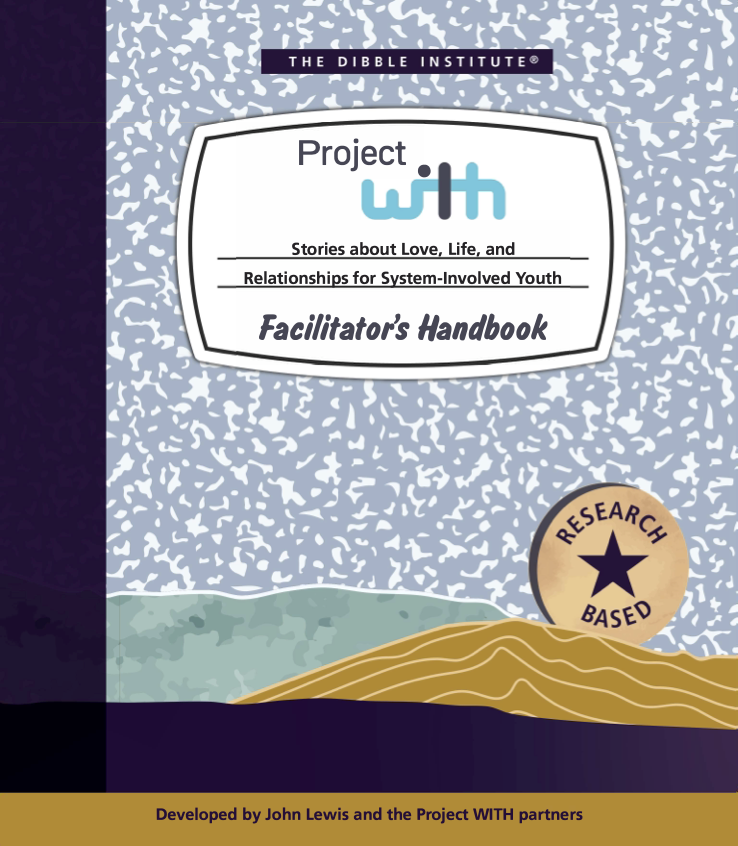
Program Length: 12 Lessons
Age Group: 15–24
Author: John Lewis and Project WITH Team
Stories about Love, Life, and Relationships for System-Involved Youth
Young people’s skills for forming healthy relationships are shaped by the examples they see and the guidance they receive. When youth become involved with the justice or child welfare systems, their opportunities to learn, cultivate, and practice these skills are interrupted.
Project WITH draws its name from those a person does life “with”—their families, friends, peers, romantic partners, coworkers, and everyone in between.
It takes system-involved youth, ages 15-24, on a journey through 12 powerful stories, folktales, and poems. Participants are encouraged to compare the stories with their own experiences, broadening their perspectives and insights. Along the way, youth learn to set goals, recognize the elements of a healthy relationship, and consider the consequences of their decisions before acting.
Journals for Project WITH are available without staples (perfect bound) for use in correctional facilities. They are also available at a lower cost with a staple binding for all other settings.
Note: Training is not required but encouraged to facilitate Project WITH. If you are interested in training, please call 800-695-7975 or email relationshipskills@dibbleinstitute.org for the latest information.
Learn more about Project WITH and Able Works here!
Project WITH uses a curated selection of short stories and poems to explore 12 universal themes or “Big Ideas” about relationships. Accompanying videos and activities deepen participants’ understanding and provide space for reflection. In a supportive setting with skilled facilitators who share their own lived experience, young people are encouraged to compare the stories with their own experiences, broadening their perspectives and insights.
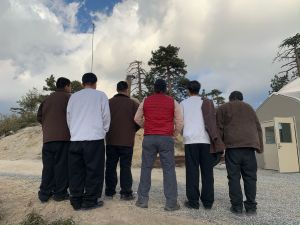
Using a prevention science framework lens, Project WITH seeks to promote protective factors while also preventing the development of maladaptive behaviors. Specifically, the Project WITH curriculum was developed with the aim of cultivating important assets (i.e., relationship skills and self-management abilities) that help system-involved youth avoid risky, including sexual, behaviors.
The program helps to increase youths’ protective factors and encourages them to set goals, recognize the elements of a healthy relationship, and consider the consequences of their decisions before acting. By promoting thoughtful conversations and reflections on the shared human experience, Project WITH empowers system-involved young people to navigate relationships with greater awareness and resilience, to understand how their actions today shape their futures, and to make informed and constructive choices.
Each lesson focuses on one main theme or big idea. The story, video, activities of each lesson teach and reinforce this theme. Simplifying instructions to focus on one key point is more manageable for these youth.
Discussing fictional characters in stories rather than real people and personal experiences provides system-involved youth, who tend to have a history of Adverse Childhood Experiences, a measure of safety and allows them to participate fully in discussions. This strategy is consistent with trauma-informed approaches that do not require the disclosure of trauma.
Preferably, Project WITH is facilitated by adults who share similar lived experiences with the system involved youth they are serving. In the initial Project WITH implementation, adults were recruited who had also been system-involved youth. Utilizing role models with similar backgrounds to deliver the Project WITH content, significantly impacts how youth receive these messages.
Learn how Project WITH strengthens protective factors and builds essential assets!
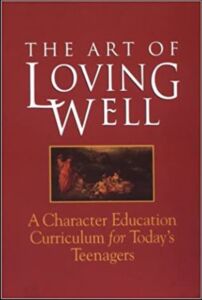
The 12 lessons in Project WITH are adapted from The Art of Loving Well, a character education, pregnancy prevention program published by the School of Education at Boston University in 1993. A rigorous evaluation of the program showed positive impacts with thousands of students.
Project WITH emphasizes core principles from The Art of Loving Well, including conflict resolution strategies, reflective thinking, and compassionate communication. The adaptation was designed to engage system-involved youth in juvenile justice (diversion, gang intervention, detention, and re-entry) and child welfare (group homes, independent living, and foster care) settings, using The Art of Loving Well’s evidence-based approaches to teach relationship skills through literature.
A recent study on Project WITH found that the curriculum holds promise as an intervention for system-involved youth, including a positive and statistically significant impact on participants’ future orientation and ability to plan.
- Eighty-one percent of youth reported that Project WITH made them “much more likely” or “somewhat more likely” to make plans to reach their goals.
- Seventy-seven percent of youth reported that Project WITH made them “much more likely” or “somewhat more likely” to better understand what makes a relationship healthy.
- Sixty-six percent of youth reported that Project WITH made them “much more likely” or “somewhat more likely” to think about the consequences before making a decision.
Implementation and Impact of the Project WITH Curriculum in
Juvenile Justice Facilities and Group Homes
Table of Contents with Big Ideas
- Lesson 1: Two Wolves
- BIG IDEA: LOVE AND RELATIONSHIPS ARE A JOURNEY
- Story: The Two Wolves, Cherokee Native American folklore
- Lesson 2: Student Poetry: “Being Male” and “Uncertainty”
- BIG IDEA: MATURITY STARTS WITH KNOWING WHO YOU ARE
- Poetry:
- Being Male, Anonymous
- Uncertainty, Cathy Holland
- Lesson 3: The Old Grandfather and His Little Grandson
- BIG IDEA: WE LEARN ABOUT LOVE AND RELATIONSHIPS FROM OUR FAMILIES
- Story: The Old Grandfather and His Little Grandson, Traditional European fold story, retold by Leo Tolstoy
- Lesson 4: Alone
- BIG IDEA: TO SURVIVE IN THIS WORLD, WE NEED CONNECTION WITH OTHERS
- Poem: Alone, Maya Angelou
- Lesson 5: Our Deepest Fear
- BIG IDEA: HAVING A HEALTHY SENSE OF WHO WE ARE ALLOWS US TO CONNECT WITH OTHERS IN HEALTHY WAYS
- Poem: Our Deepest Fear, Marianne Williamson
- Lesson 6: Ancestor
- BIG IDEA: LOVE AND RELATIONSHIPS ARE OFTEN COMPLEX AND COMPLICATED
- Story: Ancestor, Jimmy Santiago Baca
- Lesson 7: Block Party
- BIG IDEA: REAL LOVE MEANS GETTING TO KNOW THE OTHER PERSON, RESPECTING THEM, AND ACTING RESPONSIBLY FOR THEIR WELL-BEING
- Story: Block Party, Project WITH Team
- Lesson 8: Eagle
- BIG IDEA: WAITING AND SELF-CONTROL CAN LEAD TO COMMITTED, MATURE RELATIONSHIPS
- Story: How the Female Eagle Chooses Her Mate, Wintu Tribal Elders of California
- Lesson 9A: Jace’s Story
- BIG IDEA: SEXUAL RELATIONSHIPS ARE A BIG DEAL AND SHOULD NEVER BE TAKEN LIGHTLY
- Story: Jace’s Story, Anonymous
- Lesson 9B: Mia’s Story
- BIG IDEA: SEXUAL RELATIONSHIPS ARE A BIG DEAL AND SHOULD NEVER BE TAKEN LIGHTLY
- Story: Mia’s Story, Anonymous
- Lesson 10: Through The Eyes of The Heart
- BIG IDEA: OUR CHARACTER OFTEN DETERMINES OUR DESTINY
- Story: Through the Eyes of the Heart, Project WITH Team
- Lesson 11: A Brother’s Silence
- BIG IDEA: BY CONSIDERING DEATH AND PAST REGRET, WE CAN TAKE ACTIONS THAT WILL STRENGTHEN OUR CURRENT RELATIONSHIPS
- Story: A Brother’s Silence, Anonymous
- Lesson 12: I Love You
- BIG IDEA: DEEP COMMITMENT IS REQUIRED TO ESTABLISH AND MAINTAIN LASTING RELATIONSHIPS
- Poem: I Love You, Elmo Robinson
A Youtube Premium subscription is required to download the videos in the lessons
John Lewis
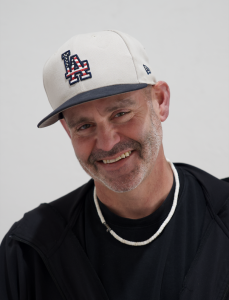
John Lewis is responsible for leading Able Works’ collaborative efforts to serve youth and young adults in the Southern California region. With expertise in conducting outreach to diverse organizations and community members while working across multiple fields to accomplish shared goals, John has designed and managed 12 county, state, and federal projects that have impacted over 25,000 youth and their families throughout Southern California over the last 20 years.
John has over 24 years of experience in urban youth outreach and development. He led the development of “Project WITH,” an innovative approach to developing healthy relationships with justice-involved youth, which has been rigorously evaluated in Southern California.
As one of the original designers of the Urban Youth Workers Institute, John was critical in implementing training and support activities for urban youth workers nationwide. Along with his work on an annual national conference that attracted more than 1,800 attendees, John organized and helped develop regional conferences that trained over 3,000 youth workers in 23 urban cities annually.
Frequently Asked Questions
Click on the questions below to expand the answers.
What funding have you used to implement Project WITH?
We have run Project WITH using Office of Juvenile Justice and Delinquency Prevention (OJJDP-Second Chance) funding, Sexual Risk Avoidance (SRAE), and Teen Pregnancy Prevention (TPP) Tier 2 funding.
What kind of outcomes have you been able to track with Project WITH?
Below are the outcomes we have seen in our research:
- 75% More likely to make plans to reach their goals
- 75% Report increased understanding of what makes a healthy relationship
- 70% Report increased use of protective factors (e.g. support networks, self-care, strategies)
- 70% Report improved emotional regulation and stress management skills
- 66% Report being more likely to think about the consequences before making decisions
- 60% Report improved strategies around emotional regulation and stress management
- 50% Report increased connection to community-based support networks
- 50% Report strengthening positive relationships with family and mentors
Was unintended pregnancy or STIs part of that list for tracking outcomes?
We measured unintended pregnancy and STIs during our TPP and SRAE grants. Initial data did not show short-term change in these behaviors or attitudes from the entry and exit and 6-month post-program survey. We do believe the core aspect of Project WITH does make a larger impact around these two issues. We would need the ability to track longer-term impacts (like a year-post release) on the participants because we are trying to shift a mindset that takes longer than the 6 month post survey.
What are the core skills that young people learn?
Self-Awareness
- Understanding personal identity, values, and emotions through stories, poetry, and journal reflections.
- Recognizing internal conflicts (e.g., “Two Wolves” story) and developing insight into which influences they feed in their lives.
- Activities like the Johari Window and personal poetry help participants explore how they see themselves and how others might perceive them.
Critical Thinking & Reflection
- Analyzing character choices and themes in literature to draw parallels to their own lives.
- Encouraged to “slow down, observe, reflect, and deliberate” to counter impulsivity and build decision-making capacity.
- Facilitators guide participants in interpreting complex emotional experiences and moral dilemmas through story-based discussion.
Emotional Regulation & Mindfulness
- In “Our Deepest Fear,” participants practice naming emotions, managing stress, and envisioning growth.
- Skills such as journaling, trauma-informed facilitation, and group agreements support regulation and reflection.
Healthy Relationship Skills
- Emphasis on empathy, respect, responsibility, and care as the foundation of all relationships (based on Fromm’s framework).
- Lessons address family dynamics, dating, friendships, and personal boundaries.
- Empathy is explicitly taught through stories, discussions, and activities like role perspectives and “Black Hair Matters.”
Decision-Making & Personal Responsibility
- Stories and scenarios prompt youth to consider the consequences of actions, the people who influence them, and the paths they can choose.
- The metaphor of “feeding the good wolf” is used to instill responsibility for one’s internal narrative and actions.
Why are there no learning objectives for each lesson plan?
Big Ideas are utilized as the learning objective for each lesson. The Big Ideas were developed based on objectives related to the 2018 Teen Pregnancy Prevention grant that supported the development of the curriculum.
How has the reception been so far? What are implementors saying about it?
Multiple probation locations and group homes have loved the Project WITH curriculum. We have been implementing for over five years and are continually welcomed back to serve youth in care. We have had probation officers comment that they appreciate that the program gives young people room to share and speak and not just be spoken to.
The program has been a great tool to develop initial relationships and build trust with system involved youth that can be utilized to bridge into longer-term support once the young people have been released.


